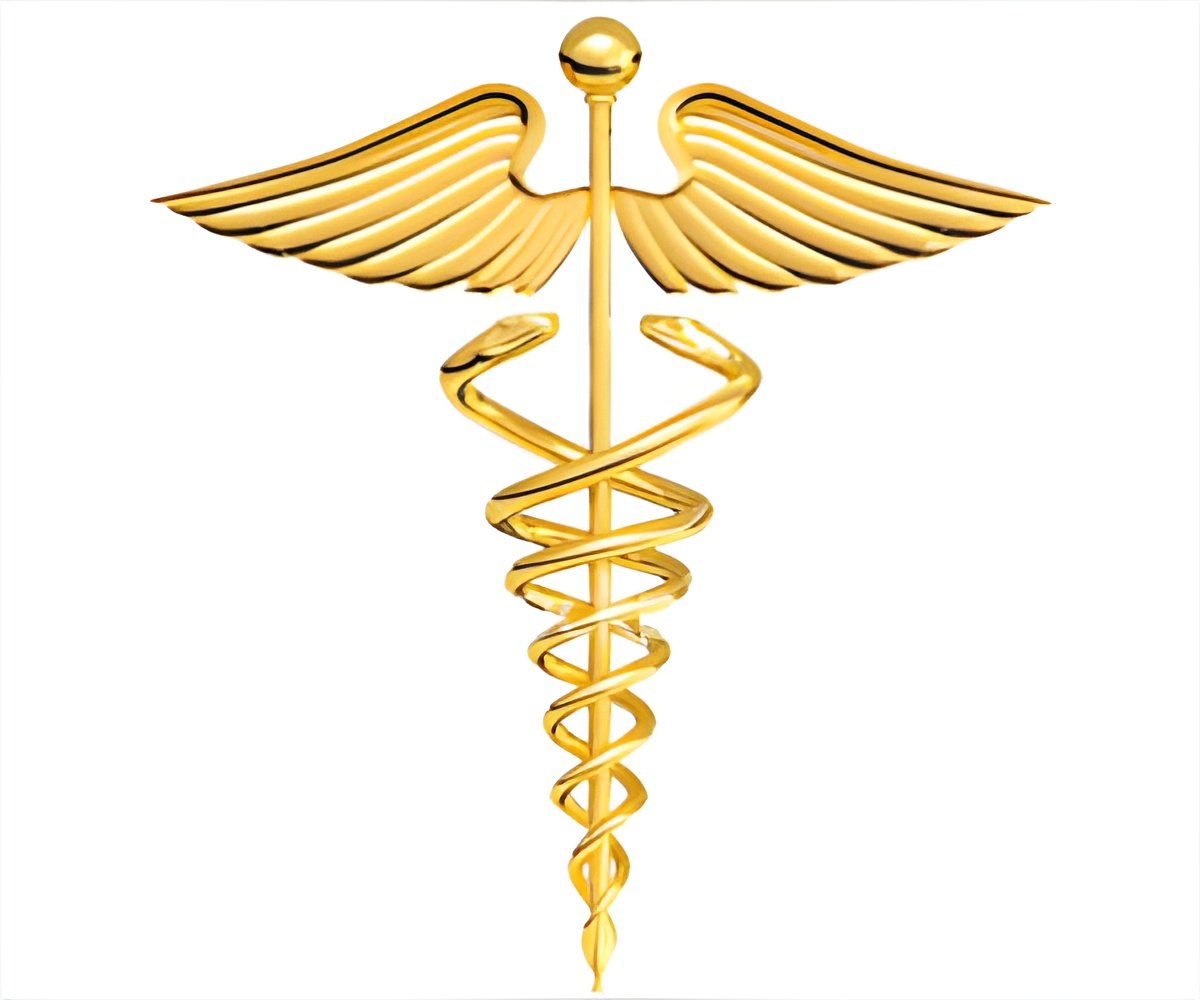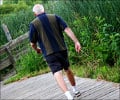Some 20 men and women stood behind pots and jars of homemade yoghurt at Tran's pensioners' club on a Saturday in July.

Oblivious to the speeches and folk dances on the main square however, retired teacher Evgenia Dimitrova and her companions preferred to compete on who made the best goat's, sheep's, cow's or buffalo's milk yoghurt.
"I keep my mother's yoghurt starter culture, which she got from her mother," said Dimitrova who came from the nearby village of Lomnica.
"I never forget to keep a spoonful of yoghurt to use as ferment for tomorrow's milk," she added.
Dimitrova's original recipe for goat's milk yoghurt with basil and thyme won the top prize in her category -- amusingly, a basket of dairy products.
Bulgaria prides itself on discovering yoghurt and has even given its name to the bacteria that makes it: Lactobacillus bulgaricus (LBB).
Advertisement
The thickness of the yoghurt depends on the animals and the grazing they get: drier pastures make the yoghurt thicker than greener ones, while sheep and buffaloes give richer milk than cows and goats, he explained.
The Zhableno monastery in western Bulgaria prepares 750 kilogrammes (1,650 pounds) of its popular cow's milk yoghurt a week and sells it in Sofia too.
"Anyone who has tasted homemade yoghurt cannot get used to the industrially-made product stuffed with thickening and colouring substances," said Father Kliment, who is in charge of yoghurt production at the monastery.
"True yoghurt cannot be anything but Bulgarian-made as the bacteria for its fermentation does not exist anywhere else but here," he added, repeating the widespread myth.
It was Stamen Grigorov, a medical student born in the Tran region, who discovered the bacteria used to make yoghurt -- Lactobacillus bulgaricus (LBB) -- upon studying the food habits in Bulgaria's southern Rhodope mountains.
LBB and another bacteria -- Streptococcus thermophilus -- are indispensable in the making of yoghurt, insists Julia Grigorova, the scientist's grand-daughter.
But the question of who made the first yoghurt and who introduced it to whom during Ottoman times remains a topic of heated debates between Bulgaria and Turkey, which are both fond of "ayran", a refreshing beverage of yoghurt and cold water.
For Zdravko Nikolov, laboratory chief at Bulgaria's yoghurt institute LBBulgaricum, the answer is clear.
"Bulgaria is the homeland of yoghurt as here only Lactobacillus bulgaricus and Streptococcus thermophilus develop in symbiosis in nature," he said.
"Elsewhere in Europe the symbiosis of the two microorganisms is obtained artificially."
Bulgarians consume 135,000 tons of yoghurt every year and the product is part of many traditional dishes, like the "tarator" cold yoghurt and cucumber soup, and the "Snow White" salad of drained yoghurt, pickled cucumbers, garlic and walnuts.
Source-AFP









